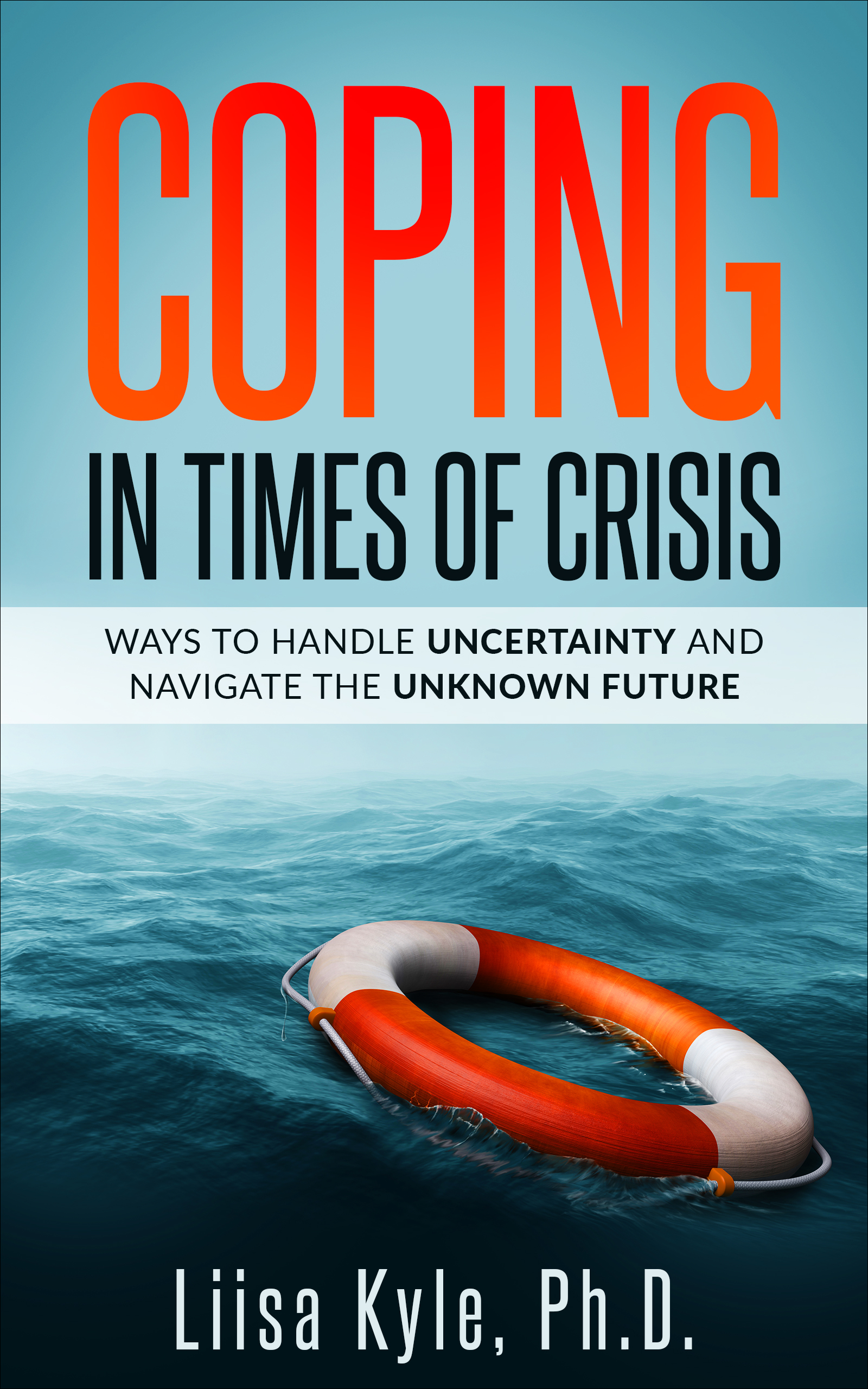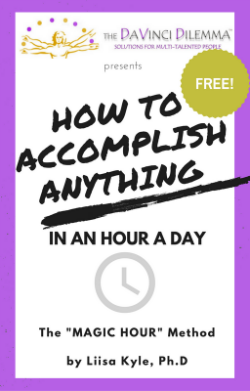
By asenat29 [CC BY 2.0 (https://creativecommons.org/licenses/by/2.0)], via Wikimedia Commons
It’s harvest time. Our apple orchard is overflowing with fruit, so we’ve been giving a lot away. It’s been fascinating to see how very differently people respond. Most people say ‘thank you’ (but not everyone, surprisingly). Some express specific gratitude by saying what they’ll do with the apples. “Oh, this is great — I’m going to make a pie with my grandma’s recipe!” A few take the fruit like it’s their due. (“Cool! See ya later!”) Some look a gift horse in the proverbial mouth (“Has this fruit been sprayed?” “Oh, it’s got some spots.”) A couple of people have used the opportunity to ask for something else. (“Thanks for the apples. Can I take that pile of kindling, too?”)
My neighbor Paul did something impressive: unsolicited, he offered something in return. He took a very small amount of fruit and immediately offered to help us prune our dozens of trees. He was sincere. Sure, he’s retired and kinda bored and looking for things to do but still — his knee-jerk response to receiving something was to give something back in return. He did so with grace and kindness and good humor.
“Wow,” I thought. “That’s the way to do it.” Not only do I want to give him much more fruit, I want to emulate him, going forward.
Let me be candid — and believe me, I’m cringing as I write this — I haven’t always been a good receiver. As a kid I was often disappointed, rather than elated at what lay under the giftwrap. As a perfectionistic, driven young adult, I found myself judging and dissatisfied with many presents. My husband became so frustrated with searching gifts that were ‘good enough’, he stopped trying altogether. (If this sounds like you, check out my book Overcoming Perfectionism).
Thankfully, I worked through all that. Now, when someone gives me something, I’m truly pleased. And fully appreciative of their thoughtfulness and efforts on my behalf. I’m a big believer in gushing praise and written thank you cards. Yet I have a ways to go to emulate my gracious neighbor Paul.
The absolute best gift receiver I’ve met was my grad school roommate Sharon. When you handed her a gift, her eyes literally lit up. Odds were high she would squeal with joy. She’d examine the gift wrap and compliment every element of it. As she undid the wrapping, she gave into the sheer delight of receiving — she savored the moment. By the time she actually got to the gift, you felt you’d done her an immense favor. The present itself was always perfect, according to her reaction. She’d spontaneously extol each of its attributes and virtues. Sharon would express not only her appreciation and her gratitude but her sincere joy — which would culminate with a hug and, often, another squeal of delight. Then, she would display or use or otherwise make use of whatever the thing was — and would continue to express her appreciation intermittently going forward.
Needless to say: her reaction was very gratifying. How wonderful she made the giver feel! We were highly motivated to look for the next opportunity to give her something, anything.
How do you react when you receive a present? What impact does that have on the giver?
Why am I taking about presents and gift wrap? Because it can give us insight into how we receive other things.
Specifically, how do we receive the metaphorical gifts we are given? The opportunities and pleasant events that come our way? Do we express true gratitude? Do we take them for granted? Do we receive with joy or with an air of entitlement? Do we look gift horses in the mouth? (“Sigh. Only one of ten cold calls made a sale today.”) Do we look right past the gift and start fretting about its implications (“Oh crap, I’m nominated for an Emmy — now I have to hire a publicist, campaign, lose weight, tone up, and find a kickass outfit to wear”).
Beyond expressing gratitude, the actions of my neighbor Paul have reminded me: when good things happen, there is an opportunity to give back. When you get that new client, you can write a check to charity. When you get that book deal, you can volunteer a few hours at the adult literacy program. When you come home to find the stove was left on but nothing is on fire, you can makes some cookies for your local firefighters.
Responding to good events with good deeds feels great. I also believe it’s the right thing to do. Any good deed puts more good in the world and attracts more of the same. Call it karma. Or ‘law of attraction’ or ‘the golden rule’ or a ‘mitzvah’. It all means the same thing: doing good leads to more good.
So let’s now turn to our personal gifts. How do we receive our talents and skills? As DaVincis, we have more talents and ideas than we know what to do with. To what extent do we appreciate them? Do we take then for granted? Do we focus on their benefits or their costs? I hear different versions of ‘talent complaints’ from my coaching clients all the time: “(Well sure, I’m an acclaimed singer and I write beautiful children’s books and am a gifted educator…but how am I supposed to juggle the three. And damn it’s tiring. And still I”m not famous enough in any of the three areas. Sigh.”)
To the extent we can focus on our personal gifts — to truly appreciate them — the challenges they invoke become manageable details. That’s the whole point of this website. Discover your Talents. Enjoy your Talents. Having talents doesn’t have to be painful. There are proven tools and techniques to Direct Your Talents effectively, to Work with your Talents, to get Organized and to manage whatever DaVinci challenges you encounter along the way — fear, procrastination, perfectionism, distraction, motivation issues, regrets, maintaining life balance and handling technology.
The follow-up question, compliments of my neighbor Paul: Do we use our personal gifts, our talents and our skills to give back — to foster good in the world?
Activity: Clear some uninterrupted time to think about how you receive the gifts you’re given.
When someone hands you a present, what’s you’re typical reaction? What do you feel inside (really)?
How do you tend to respond when you open the gift?
To what extent to you feel the need to reciprocate? Why or why not?
What are some metaphorical gifts you’ve been given — opportunities, pleasant turn of events, etc?
How did you react? To what extent did you express your gratitude?
Now: think about your talents, skills and other personal gifts.
Think about each one in turn: To what extent do you express appreciation for this talent/skill/personal gift?
What other actions could you take to honor what you’ve been given?
***
 Check out my book YOU CAN GET IT DONE: Choose What to do, Plan, Start, Stay on Track, Overcome Obstacles, and Finish. Available here: http://bit.ly/YouCanGetItDone
Check out my book YOU CAN GET IT DONE: Choose What to do, Plan, Start, Stay on Track, Overcome Obstacles, and Finish. Available here: http://bit.ly/YouCanGetItDone
***
Want to re-publish this article? Go for it – just include the author’s name, a link to this original post and the following text blurb:
Are you struggling with too many talents, skills, ideas? You may have The DaVinci Dilemma™! Find tools, fun quizzes, coaching, inspiration and solutions for multi-talented people at http://www.davincidilemma.com/ .



